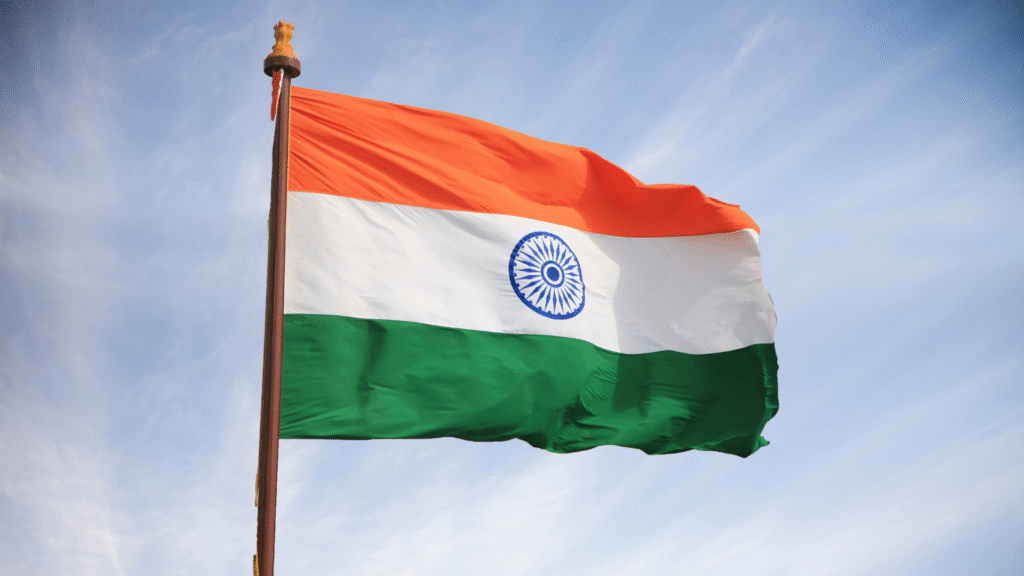

Chrystel Erotokritou
Space & Connectivity


With a population of around 1.4 billion people, India is now the world’s second-largest telecommunication ecosystem. The current regulatory framework governing the provision of electronic communication in India dates back to 1885, when technology was rudimentary and the telecommunications industry was in its nascent stages. As a result, the law had to be interpreted in ways that extended its meaning well beyond what was originally intended.
In September 2022, in a bid to adapt to the needs and realities of the 21st century and promote innovation, the new Draft Telecommunications Bill was released by the Department of Telecommunications. This law aimed to modernise and consolidate India’s existing legal framework.
To ensure a level playing field and fair competition, one of the key changes under the draft Telecom Bill is the inclusion of over-the-top (OTT) communication services in the definition of telecommunication services. While telecom operators and OTT platforms such as WhatsApp offer similar services, they are currently subject to different requirements. The Bill says that OTT companies providing calling and messaging services will be subject to the same licensing regime as any other telecommunications operator. The DoT will remain responsible for governing the telecommunications sector, granting licences for various telecommunications services and collecting fees.
To move the suggested amendments forward, the Telecommunications Regulatory Authority of India (TRAI) is now launching a public consultation made up of 14 questions on how OTT services should be regulated. TRAI has invited stakeholders to provide their views about regulating OTT services, as well as whether a selective banning of OTT services shall be put in place as opposed to shutting down the entire Internet. Indian authorities block Internet access in the event of any security-related incidents to stop the spread of violence, but the increasingly frequent shutdowns contradict the government’s “Digital India” vision.
The deadline to send comments to TRAI by email ([email protected]) is 4 August 2023.
If you are interested in learning more about Indian legislation or require support in sending comments to TRAI, please contact Chrystel Erotokritou, Compliance Manager, at [email protected].

